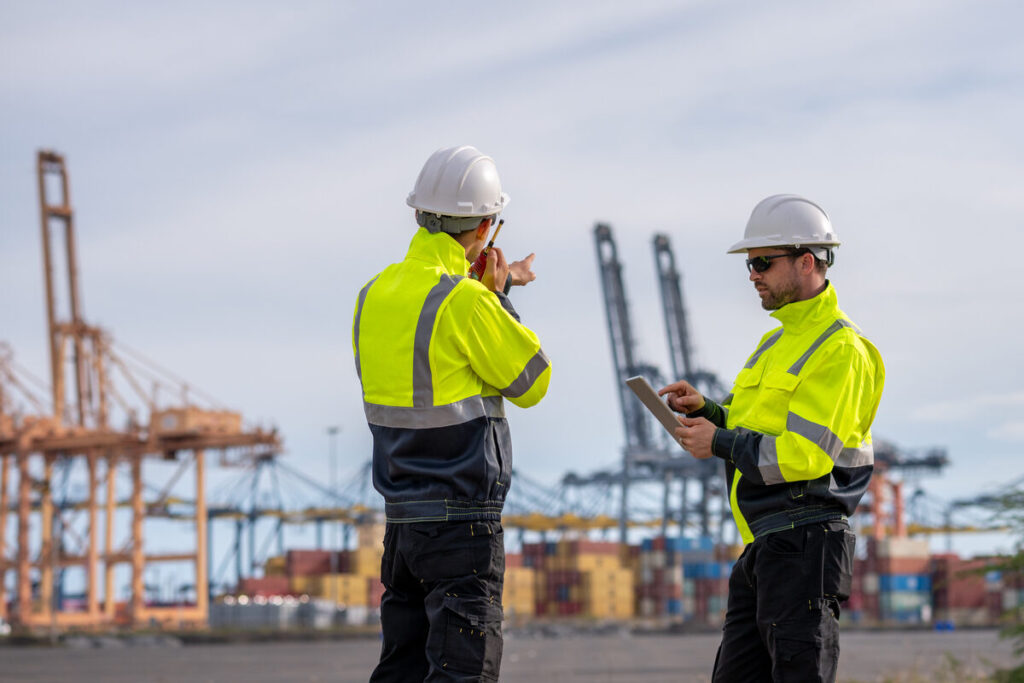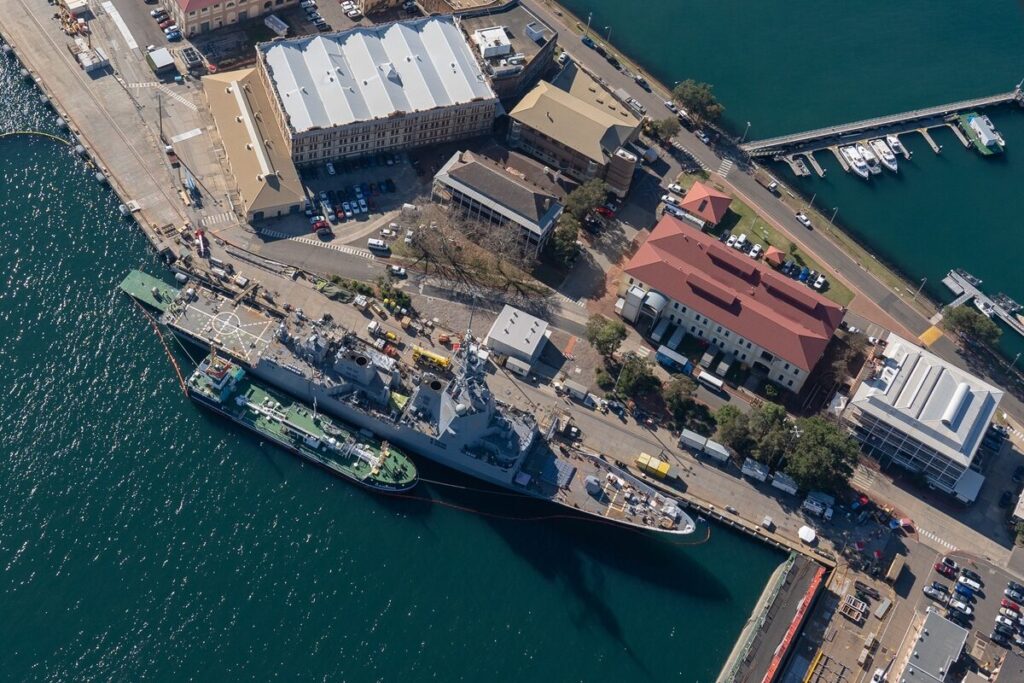Within the machinery of international maritime transport, shipping agents play a crucial role in ensuring that every port call is carried out with precision, efficiency, and without incident. Acting as representatives of shipowners and operators before port authorities and various service providers, these professionals are key players in the logistical coordination of any maritime operation.
The growing complexity of global trade, regulatory differences between countries, and the need to maximize port efficiency make the role of the shipping agent increasingly strategic. Their work directly impacts vessel punctuality, cost control, and operational fluidity in ports.
A Link Between Shipping Lines, Ports, and the Logistics Chain
The shipping agent acts as an operational and administrative intermediary between the shipping company (or vessel operator) and the port where the call takes place. They are responsible for handling all formalities related to the vessel’s arrival, stay, and departure, including communication with port authorities, document control, coordination with terminals, suppliers, customs, pilotage, towing, mooring, and bunkering services.
This role ensures that all parties involved are informed and aligned, enabling operations to proceed without delays or logistical errors. Their involvement is especially critical in international port calls, where local regulations, port schedules, and protocols can vary significantly.
Document Management and Regulatory Compliance
A core responsibility of the shipping agent is managing the vessel’s official documentation. From submitting cargo manifests to ensuring health, environmental, and safety certificates are in order, agents ensure that all required information complies with current local and international regulations.
Proper documentation not only avoids penalties but also speeds up customs and administrative processes, reducing the vessel’s port stay and associated costs. In an increasingly demanding regulatory environment — with frameworks like MRV (Monitoring, Reporting and Verification) or the maritime EU ETS — having well-trained and up-to-date agents is essential.
Optimization of Port Operations
Shipping agents go far beyond paperwork. Their knowledge of the port and network of contacts allow them to optimize every port call from an operational standpoint. From booking berthing windows to coordinating auxiliary services or anticipating weather conditions that could affect maneuvers, their role directly impacts operational efficiency.
Good coordination prevents unnecessary waiting times, minimizes scheduling conflicts at terminals, and helps vessels stay on schedule—especially on fixed routes or time-sensitive port calls.
Technological Adaptation and Process Digitalization
The evolution of maritime transport towards digital environments has pushed shipping agents to adopt technological tools that enhance traceability, security, and efficiency. Electronic platforms for document management, real-time notifications, weather data access, and integration with port authority systems are now part of the daily work of advanced shipping agents.
Moreover, their role becomes even more relevant as an interface between disparate digital systems, ensuring interoperability between shipping lines, terminals, services, and administrations. Their duties go beyond the physical and administrative, expanding into real-time data management and supervision of collaborative digital processes.
Delivering Value in a Global and Competitive Environment
In a sector with increasingly tight margins and stricter delivery times, shipping agents provide strategic value not just through what they do, but how they do it. Their ability to anticipate incidents, manage unexpected changes, and maintain smooth communication among all logistics stakeholders is the difference between an efficient port call and a costly or failed operation.
Additionally, being present in multiple ports and operating under international standards, shipping agents offer a global perspective with local expertise, enabling consistency in managing international routes with multiple port calls across different jurisdictions.
SUARDIAZ Group, with solid experience in international maritime operations, works closely with highly qualified shipping agents to ensure every port call is executed with precision, safety, and efficiency. This collaboration optimizes the door-to-door logistics chain and ensures that customer interests are protected in every port around the world.























